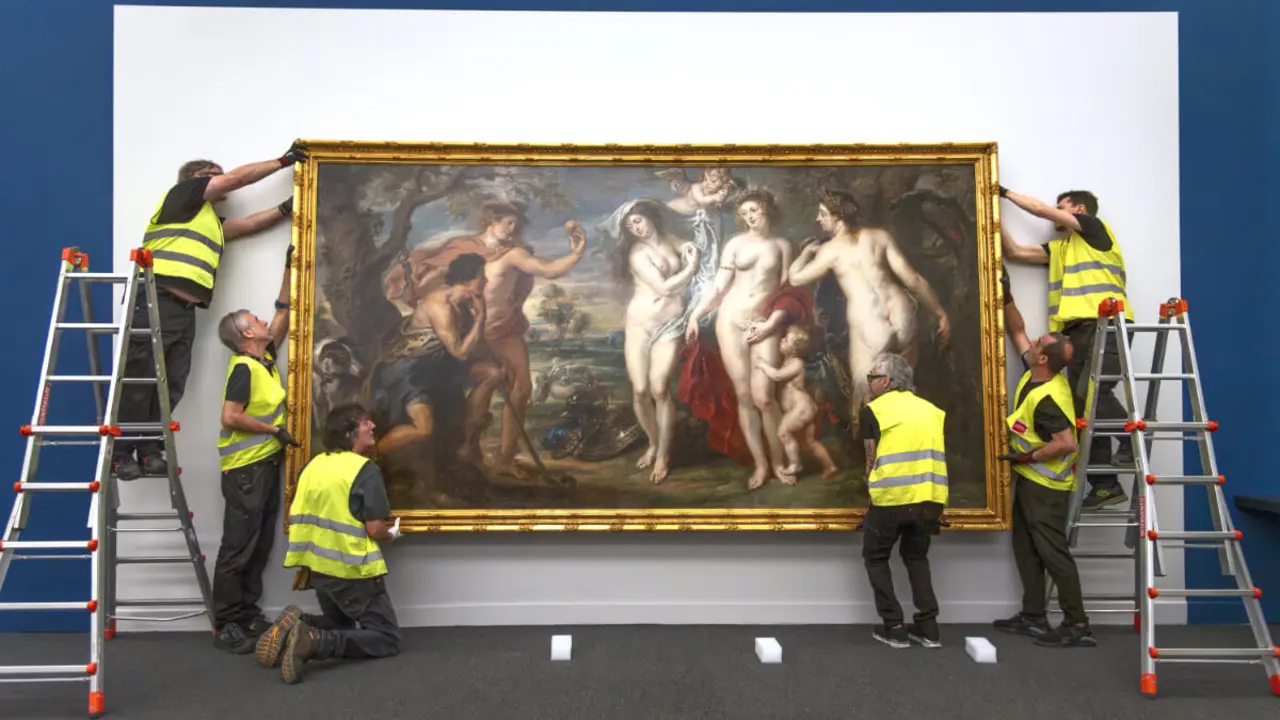Air pollution associated with reduced response to COVID-19 vaccines

People exposed to higher levels of air pollution before the pandemic had lower antibody responses to COVID-19 vaccines, according to a study led by the Barcelona Institute for Global Health (ISGlobal), a centre supported by the "la Caixa" Foundation, in collaboration with the Germans Trias i Pujol Research Institute. Specifically, exposure to fine particulate matter (PM2.5), nitrogen dioxide (NO2) and black carbon (soot) was associated with a decrease of about 10% in IgM and IgG antibody responses in people with no previous infection. The results, published in Environmental Health Perspectives, provide further evidence of the adverse effects of air pollution on the immune system.
Air pollution is associated with health problems, including lung cancer, cardiovascular and respiratory diseases, and diabetes. Recently, ISGlobal researcher Manolis Kogevinas and his team showed an association between exposure to air pollution before the pandemic and an increased risk of becoming seriously ill from COVID-19.
"Air pollutants have been shown to affect immune responses," says Kogevinas, "so in this study we wanted to assess whether air pollution also affects antibody production after COVID-19 vaccination". The answer, in short, is yes.
Kogevinas and colleagues analysed data from 927 participants in the GCAT | Genomes for Life cohort (aged 40-65 years), who answered questionnaires and gave blood samples in the summer of 2020 (just after the first confinement) and in the spring of 2021 (after the start of COVID-19 vaccination). All had received one or two doses of the main COVID-19 vaccines administered in Spain (manufactured by AstraZeneca, Pfizer or Moderna). The research team measured IgM, IgG and IgA antibodies to five viral antigens (three of them on the Spike protein contained in the vaccine). Each participant's exposure to PM2.5, soot, NO2 and ozone was estimated based on their pre-pandemic residence.
"The collaboration of all volunteers in the GCAT cohort, with more than ten years of data, has allowed us to reliably estimate the level of environmental exposure of all participants," says Rafael de Cid, author of the study and GCAT|Genomes for Life project leader.
The results show that, in individuals not infected with SARS-CoV-2, pre-pandemic exposure to PM2.5, NO2 and soot was associated with a 5-10% reduction in vaccine-induced anti-Spike antibody levels. This decrease was observed for both early (IgM) and late (IgG) responses. The peak of IgG antibodies after the first dose was later in participants exposed to more air pollution, and the reduced IgG levels persisted for several months after vaccination. Similar results were observed for all three vaccines.
"Air pollution can lead to chronic inflammation, which has been associated with a negative effect on vaccine efficacy", explains Carlota Dobaño, ISGlobal researcher and final author of the study, together with Cathryn Tonne, also an ISGlobal researcher. "Our findings are consistent with studies showing that persistent organic pollutants reduce the response to vaccines in the paediatric population", she adds.
The fact that previous infections favour a greater response to vaccination may explain why the effect of contaminants was only observed in people who had not been infected at the time of the study. However, the effect of air pollution on hybrid immunity (infection plus vaccination) deserves further investigation, the authors caution.
The study did not look at whether lower vaccine response led to a higher risk of subsequent infections, or a higher severity of these infections. "However, our findings add to the growing body of evidence on the adverse effects of air pollution, even at the relatively low levels observed in Western Europe. They also underline the need for stricter air pollution limits, as recommended by the World Health Organisation (WHO)," says Tonne.
This study is part of COVICAT (COVID Cohort in Catalonia), a collaborative inter-institutional project by ISGlobal and IGTP to assess the impact of the COVID-19 pandemic on the health of the Catalan population.
Reference
Kogevinas M, Karachaliou M, Espinosa A et al. Long-term exposure to air pollution 1 and COVID-19 vaccine antibody response in a general population cohort (COVICAT Study, Catalonia). Environmental Health Perspectives.








